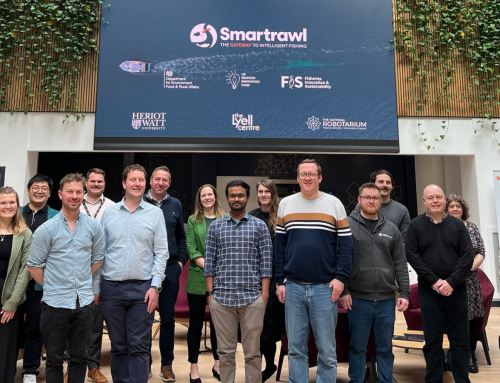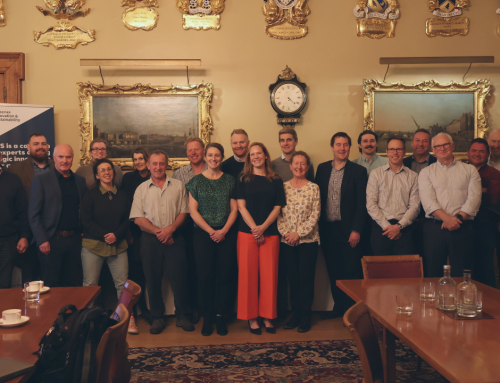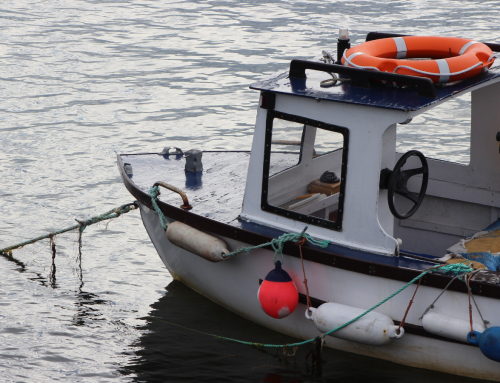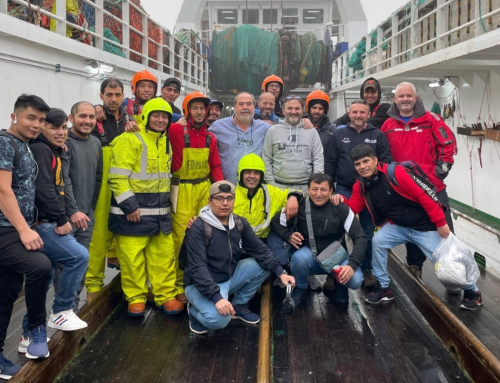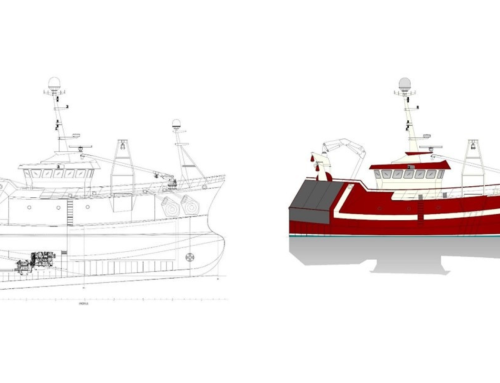In April, FIS was delighted to host a ‘Vessels of the Future’ workshop in Glasgow, where we explored energy efficiency measures that could transform how Scottish fishing vessels operate in years to come. More than 40 participants from Scotland, the rest of the UK and as far afield as Norway came together to share their knowledge & experience, and discuss what alternative fuels, engines, designs, or other innovations are realistic in a Scottish context.
The Scottish fishing industry is a key player in current and future sustainable food production, and FIS is keen to support the industry in exploring how fishing businesses can be resilient and productive in a low-emissions, climate-smart context. This workshop was a valuable first step towards ensuring the fishing industry’s perspective is included in wider discussions around reducing vessel emissions in the maritime sector.
FIS chairman John Goodlad said: “With Scotland committed to net-zero emissions by 2045, and with diesel prices going through the roof, this event was certainly timely. Achieving net zero will be challenging to say the least. The fishing industry, however, starts from a very good place, with the lowest carbon footprint of all the protein producers.”
During the workshop, representatives across the industry, including Seafish, skippers, the processing and retail sector, and marine engineering companies, gave short presentations and laid the foundation for engaging, cross-sector discussions. The presentations ranged from electrification of boats, to hull and engine design, advances in gear technology, and possible changes to legislation. Colleagues from Norway also joined the workshop, sharing their experiences of designing vessels with alternative fuels or which reduce energy consumption.
FIS believes that innovation is key to releasing untapped potential for greater prosperity and sustainability in Scotland’s seafood industry, and this workshop generated many ideas and discussions about innovative adaptations, funding and collaboration opportunities that are possible now or which might be possible in the near future.
Read more about the workshop on Fishing News. A report of the workshop discussions and proposed next steps is being produced, which will be shared widely, and will present ideas for practical and relevant ways to support our industry.


